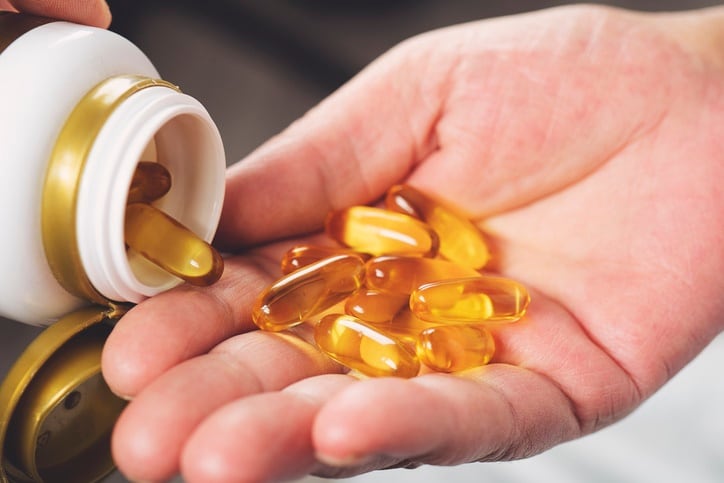Overseas firms previously planning to export such products into China have been “caught by surprise” by the new announcement made by China’s State Administration of Market Regulation (SAMR), a regulatory analyst has told NutraIngredients-Asia.
China announced in last December that co-enzyme Q10, fish oil, melatonin, spirulina, and the fungus ganoderma lucidum would be officially added into the Health Food Raw Material Directory in March 1 this year.
This means that finished health foods containing the above raw materials could enter China via the filing route – which typically takes months and is less costly than the alternative, which is the registration route.
The approval had been met with much anticipation from the foreign companies which have in turn, already embarked on the filing preparation, Cathy Yu, GM of the food business division at Hangzhou-based regulatory consultancy CIRS told us.
Last week, however, the SAMR issued a notice pinpointing that the filing route is only applicable to local products. Overseas firms will still need to adhere to the registration route when exporting the products into China for the first time.
They can, however, change to the filing route after the validity of their five-year registration period has expired.
Yu explained that registration was required for imported products because of the Food Safety Law – which has been viewed as the most important law and superseded other related rules.
According to article 76 of the Food Safety Law and article 9 of the Administrative Measures of Health Food Registration and Filing, except when the product is a vitamin or mineral supplement, all other health foods imports entering China for the first time should go through the registration route.
Whereas for local products, so long as the raw materials are listed in the directory, they could go for the filing route.
“Indeed, there are quite a number of overseas enterprises which did not understand this, for us, we have some firms telling us that they have plans [to make product filing for entering China] and are already planning to do so, but now realised that they can’t do that, and can only go through the registration route,” Yu said.
For the regulatory consultancy, most of the overseas firms which have previously expressed interest in making product filing came from Australia, the US, and Canada.
Another regulatory analyst, Lennie Tao from Chemlinked, pointed out that another scenario where overseas firms could go through the filing route, would be when the authority has already approved their product registration before the five raw materials were officially added into the directory – which is before March 1.
Such products could switch over and be regulated under the filing framework.
Not necessarily more difficult
The product registration route is not necessarily more cumbersome and difficult as compared to the filing route, when it comes to these five raw materials, said Yu.
She explained that this was because the technical and safety requirements of these health foods were already clearly spelt out by the authorities.
“Because the regulations are already very clear cut, the safety of these five raw materials could be guaranteed.
“[We believe] that during the technical assessment of the products pending registration, the process would be simplified and thus, we feel that the registration process is not necessarily much more difficult than the filing process,” Yu said.
The extra mile that companies need to take when going through the registration route, is to provide more clinical evidence of the product.
For instance, when making claims on strengthening the immune system or improve sleep quality, animal testing is required.
When making claims such as helping to lower blood lipids or to claim that the product could act as an antioxidant, both animal and human trials are needed.
Key technical requirements
Aside from melatonin, local China products containing the other four materials could go through the filing route so long as the formulations do not include another similar raw material.
However, in the case of melatonin, firms can decide if they want to formulate it with vitamin B6.
Dosage formats approved for filing include tablets, granules, hard capsules, soft capsules, and powder.
The origin of the raw materials, including the name of the raw material manufacturer, should be stated in the documents for filing.
Companies will need to adhere to the above technical aspects from June 1 this year.





